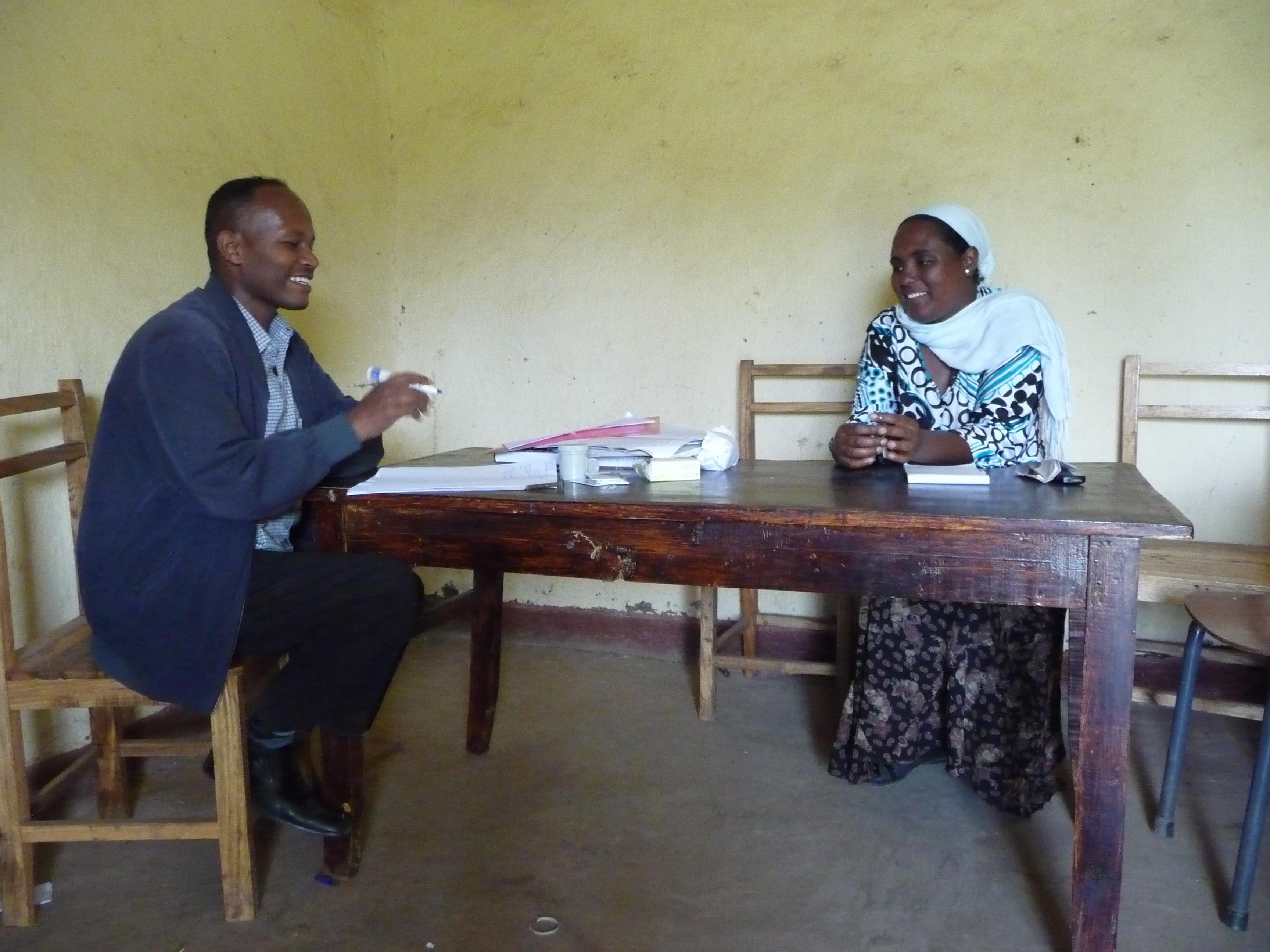Rosa Hoekstra is reader in global perspectives on neurodevelopmental disorders at Kings College London in the United Kingdom.

Rosa Hoekstra
Lecturer
Kings College London
From this contributor
Remembering Zemi Yenus: An ambassador for autism in Africa
Zemi Yenus was the mother of a child with autism, founder of Ethiopia’s first school for autistic children and a tireless advocate for autism awareness and research in Africa.

Remembering Zemi Yenus: An ambassador for autism in Africa
How to address autism in Ethiopia and other low-income nations
Even short programs with a focus on mental health can train community health workers to help children with autism in Ethiopia and elsewhere.

How to address autism in Ethiopia and other low-income nations
Explore more from The Transmitter
Astrocytes orchestrate oxytocin’s social effects in mice
The cells amplify oxytocin—and may be responsible for sex differences in social behavior, two preprints find.

Astrocytes orchestrate oxytocin’s social effects in mice
The cells amplify oxytocin—and may be responsible for sex differences in social behavior, two preprints find.
Neuro’s ark: Spying on the secret sensory world of ticks
Carola Städele, a self-proclaimed “tick magnet,” studies the arachnids’ sensory neurobiology—in other words, how these tiny parasites zero in on their next meal.

Neuro’s ark: Spying on the secret sensory world of ticks
Carola Städele, a self-proclaimed “tick magnet,” studies the arachnids’ sensory neurobiology—in other words, how these tiny parasites zero in on their next meal.
Autism in old age, and more
Here is a roundup of autism-related news and research spotted around the web for the week of 2 March.

Autism in old age, and more
Here is a roundup of autism-related news and research spotted around the web for the week of 2 March.